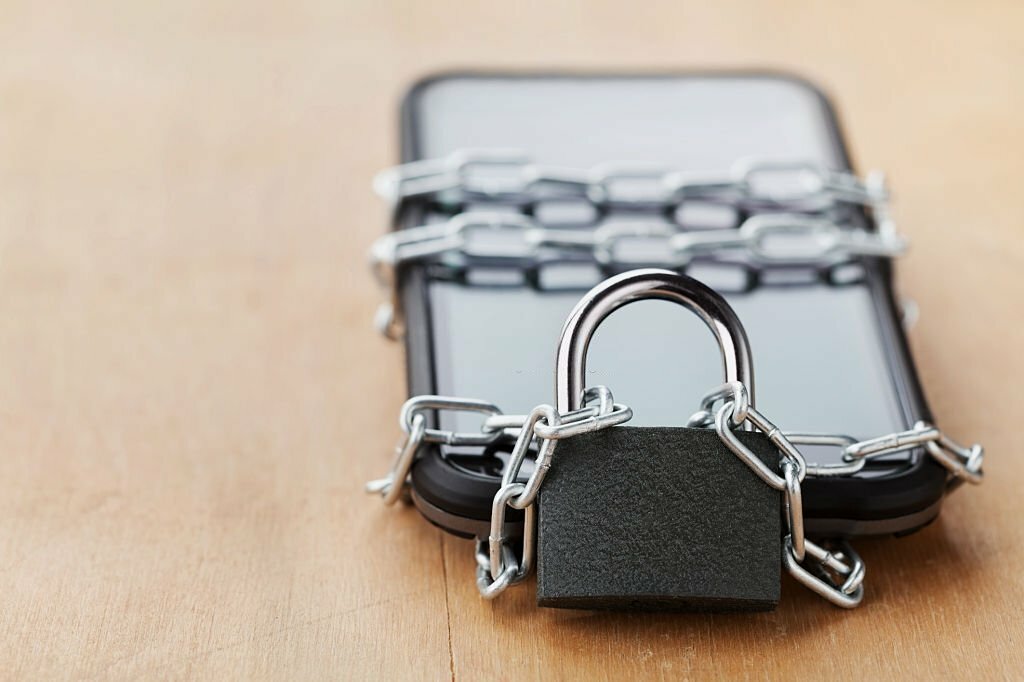
In an era dominated by digital devices and constant connectivity, the concept of a digital detox has never been more relevant. Our smartphones, social media, and endless notifications often steal precious moments of tranquility and mindfulness. In this blog post, we’ll explore the importance of a digital detox in the pursuit of mental wellness, uncovering the transformative power of unplugging in the age of technology.
The Digital Overload Dilemma:
Our reliance on digital devices has significantly altered the way we live, work, and interact. While technology offers numerous conveniences, it also inundates us with a constant stream of information, disrupting our focus, sleep patterns, and overall peace of mind. Excessive screen time has been linked to stress, anxiety, and a diminished ability to concentrate, emphasizing the urgent need to strike a balance.
The Benefits of a Digital Detox:
- Restored Focus and Productivity: Unplugging allows the mind to reset and rejuvenate. By eliminating digital distractions, you can regain focus, enhancing productivity and the quality of your work.
- Improved Sleep Quality: Blue light emitted by screens interferes with our circadian rhythm, making it harder to fall asleep. A digital detox, especially before bedtime, can significantly improve sleep quality, leaving you refreshed and energized.
- Enhanced Relationships: Constant device use can create barriers in face-to-face interactions. Detoxing from screens encourages meaningful connections, fostering deeper relationships with loved ones and improving social skills.
- Reduced Stress and Anxiety: Constant notifications and the pressure to stay updated can lead to stress and anxiety. Unplugging allows you to escape the digital noise, providing mental clarity and a sense of calm.
Practical Tips for a Digital Detox:
- Designate Tech-Free Zones: Establish specific areas in your home where digital devices are not allowed, such as the dining table or the bedroom. These zones create sacred spaces for relaxation and connection.
- Set Screen-Free Times: Allocate specific periods during the day when you abstain from screens, allowing your mind to breathe. Use this time for hobbies, exercise, or spending quality time with loved ones.
- Practice Mindful Technology Use: When you do use digital devices, do so mindfully. Be aware of the time you spend online and set intentional limits. Use apps that track your screen time and provide reminders to take breaks.
- Engage in Offline Activities: Rediscover the joy of offline hobbies, such as reading, gardening, or art. Engaging in activities that don’t involve screens enhances creativity and mental well-being.
Conclusion:
In the pursuit of mental wellness, a digital detox serves as a powerful catalyst for change. By reclaiming control over our digital habits, we regain control over our lives. Unplugging allows us to rediscover the simple pleasures of existence, fostering mindfulness, presence, and genuine connection.
So, let’s embark on this journey towards mental wellness by embracing a digital detox. Let’s unplug, breathe, and reconnect with the world beyond the screen. In this balance, we find serenity, clarity, and a renewed sense of purpose. Start your digital detox today, and let the world offline become your sanctuary of peace and mental well-being in our hyperconnected world.




